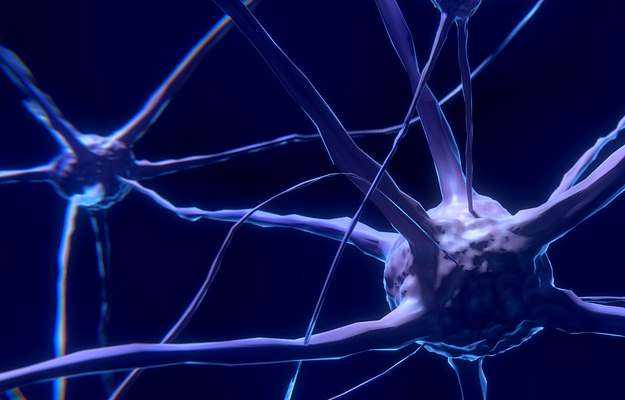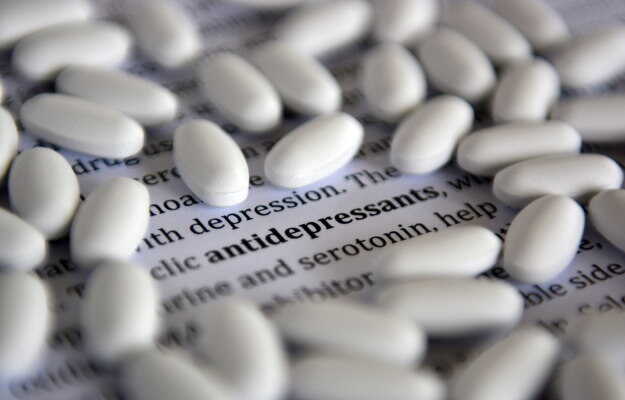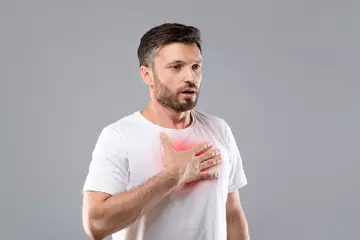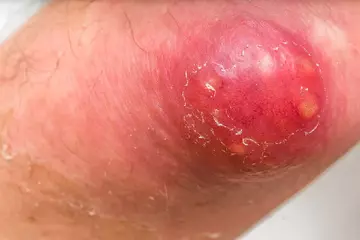What is neuroleptic malignant syndrome?
Neuroleptic malignant syndrome (NMS) is a potentially fatal condition that occurs as a result of the use of antipsychotic medicines. Antipsychotics are medications used in the treatment of Alzheimer’s, Parkinsonism, bipolar disorder, depression, and anxiety. It is a rare condition, which is more commonly seen in men. If left untreated, it can result in death; therefore, prompt hospital admission is necessary at first sign of NMS.
The incidence of NMS in Indian population is found to be 1.40-.41 per 1000 cases with antipsychotic use.
What are its main signs and symptoms?
The individual may start experiencing symptoms when starting to take anti-psychotic drugs or with an increase in dosage. Symptoms that a person may experience within 1 -2 weeks are:
- Fever with temperature more than 38ºC, but less than 40ºC
- Muscle rigidity
- Tremors
- Difficulty in movement
- Difficulty in speech
- Confusion
- Increased heart rate
- Increased respiratory rate
- Mental disturbances
- Abnormal blood pressure
- Sweating
- Involuntary urination (incontinence)
- Elevated levels of creatinine kinase
- Protein in urine
What are the main causes?
NMS occurs due to the blockage of dopamine receptors by antipsychotics. Dopamine is a substance which helps in nerve message transmission. The absence of dopamine in the nerve receptors leads to NMS. The exact reason for this mechanism is still unknown.
Other factors which put you at risk of NMS are:
- Use of 2 or more anti-psychotics
- Sudden increase in dosage of anti-psychotics
- Anti-psychotic drugs not administered orally
- Dehydration
- Use of anaesthetic drugs
- Withdrawal of drugs that act on dopamine receptor
- Anti-vomiting drugs
- Past history of NMS
How is it diagnosed and treated?
There are no specific tests available to confirm NMS. So, your doctor will recommend a series of tests including blood test, electrolyte test, and urine test. Sometimes, you doctor will recommend an imaging test or electroencephalogram (EEG).
NMS being an emergency situation, immediate intervention is required. Firstly, your doctor will advise stopping any medication that resulted in NMS. Then, the symptoms are treated. For hyperthermia (high body temperature), measures to promote cooling are taken along with restoration of lost fluid and electrolytes. Your doctor will prescribe new medication with a low risk of developing NMS but regular monitoring is required. Generally, recovery is seen in 7-14 days.

 OTC Medicines for Neuroleptic Malignant Syndrome
OTC Medicines for Neuroleptic Malignant Syndrome















